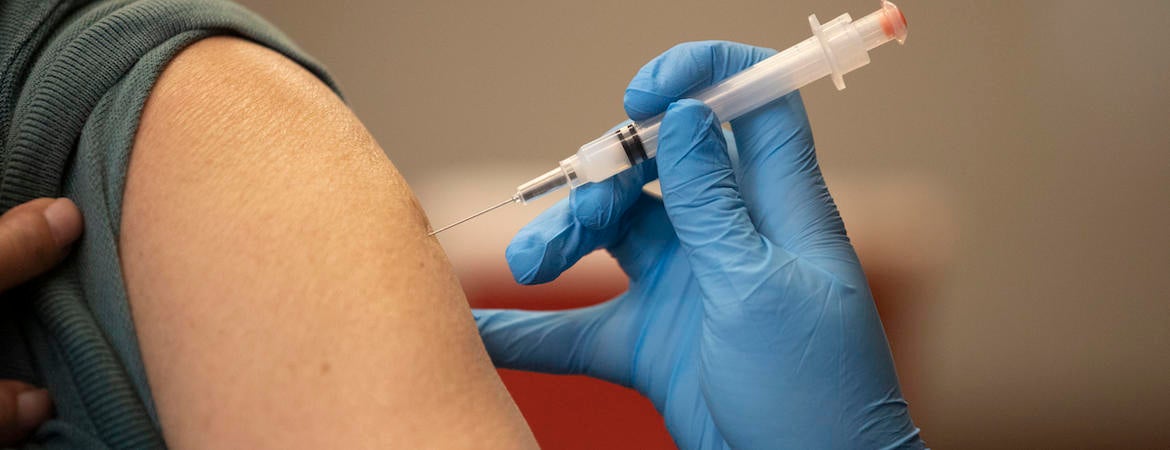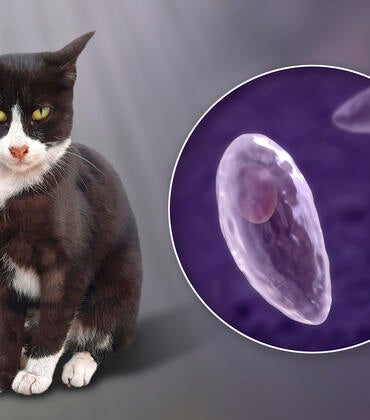
Many parents are wondering when their young children will be eligible for COVID-19 vaccines. Now that the Pfizer-BioNTech vaccine has been shown to be safe and highly effective in young children aged 5 to 11 years, some hope has arrived. In the Q&A below, vaccine expert Dr. David Lo of the School of Medicine at the University of California, Riverside, answers questions about COVID-19 vaccines for children.
Lo is a distinguished professor of biomedical sciences and senior associate dean for research in the medical school. His research group is developing safe, inexpensive, and accessible vaccines throughout the world, particularly through needle-free vaccine delivery.
Q: What are some concerns/risks in giving COVID-19 vaccines to children?
A: The risks of any drug or vaccine must be carefully assessed for each group of patients, whether it is children, pregnant women, older patients and so on. So, while there are no known enhanced risks for children, the FDA has to review studies that have been specifically designed to test for both safety and efficacy in children.
Q: Are these vaccines at a lower dose?
A: The dose for children is lower than the dose for adults. When you reach 12 years of age you qualify for the adult dose.
Q: Why is it taking so long to get a COVID-19 vaccine approved for children?
A: The initial clinical trials were focused on adults, which was the main group of interest. This was a good idea considering we knew that adults, especially older adults, were dying from COVID-19 at the highest rates. Once the safety profile in adults was well established, it was appropriate to begin clinical studies in children. Recruiting enough children for the studies is, of course, a challenge as well, and to test for vaccine efficacy, you have to wait long enough to be able to compare the rates of infection in vaccinated and control groups before you submit the data for review. Even then, the data submitted only includes a few thousand children in the study compared with hundreds of thousands of adults in the earlier studies.
Q: A CNN article says a vaccine for children will be available by Halloween. How realistic is this, given the steps that need to be taken first as outlined in the article?
A: The FDA has to look very closely at data from studies from multiple sites and include detailed information on all kinds of clinical information to ensure any potential side effects are thoroughly examined. Even with expedited urgency it will take a while to complete a comprehensive review. And we really do want the thorough review to ensure that nothing is missed, and to ensure nobody can argue that this was rushed prematurely.
Q: Why do children have a much lower risk of contracting COVID-19 than adults, even when exposed to the Delta variant?
A: The difference in risk of disease among children versus adults varies very much from one disease to another, and for some reason, the initial rates of COVID infection and disease were lower in children, at least for the first strain of COVID-19. This difference is getting less prominent with the spread of the Delta variant, as more and more children are getting hospitalized with severe disease and also dying. We need to be vigilant as newer variants continue to emerge due to the high numbers of unvaccinated across the country and around the world, allowing for more mutation. Some of the new variants may turn out to be even more deadly to children.




